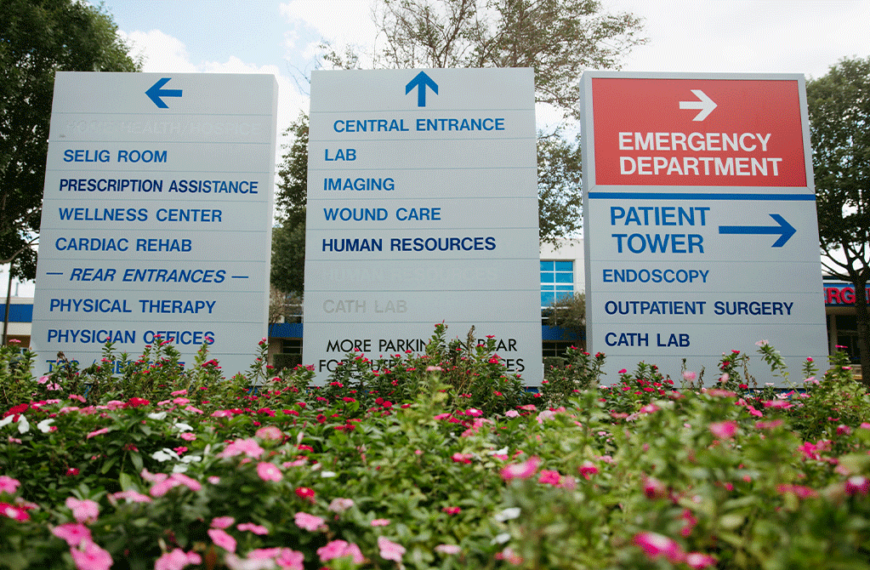Why Data is Important
Data precision is one of the most important aspects of supply chain management. Accuracy from the onset is crucial to ensure the right product quantity is received at the right price. Clean data also helps hospitals carry an appropriate amount of inventory, monitor inventory expiration dates, and value inventory appropriately. Ultimately, the only way for hospitals to enhance their contract commitment and identify cost-saving opportunities is by maintaining data integrity.
Best Practices
There are five best practices we recommend for supply chain data. The item master is where data integrity begins, and it pays to be thorough. The first key action is to establish a unique item master for each new product entering the hospital, making sure to avoid recycling item numbers. Next, ensure that every element of the item master is accurate and standardized. This includes accurate manufacturer details, manufacturer item number, vendor, vendor catalog number, units of purchase, packaging strings, pricing, and contract information, including expiration date.
Three-way invoice checks are another best practice. Before authorizing payments, thoroughly review the order quantity and contract price against the received amount and invoice total, ensuring complete alignment. This extra due diligence often catches errors that can potentially cause over-payment and inflate inventory value.
Another best practice is building and maintaining a strong relationship with your distributor. This helps hospitals in several ways. If hospital data isn’t accurate for distributor items, the distributor can provide the correct data elements to assist with data cleansing. Also, distributors have access to alternative sources and products when shortages occur. This has been extremely important for our client hospitals over the last several years with various product disruptions during and after the pandemic.
Lastly, we recommend regular business reviews involving the CEO, CFO, supply chain, and pharmacy teams. Twice-yearly data reviews are essential to review contract commitment, reported sales, rebates, and purchasing patterns, which could lead to additional savings and standardization initiatives.
How to Evaluate Data
After analyzing data for years, our team can almost instantly recognize when data is skewed or inaccurate. To pinpoint the problem’s source, we start by assessing the data mapping. We then scrutinize whether capital investments could be included in the supply data and separate them. We then turn our attention to categories with higher expenditure. Drilling down to an item-master level within a category, helps us spot inaccuracies such as incomplete data elements, duplicates, and other data-related issues. After we identify the source of the problem, we scan other categories to determine if the issues are widespread, and then suggest improvements.
At the end of the day, it’s about maximizing savings on high-quality supplies. When a hospital pays less, the facility may be able to reduce costs for patients as well.
This article is sponsored by Community Hospital Corporation.
Community Hospital Corporation
Community Hospital Corporation owns, manages and consults with hospitals through CHC Hospitals, CHC Consulting and CHC ContinueCARE. www.CHC.com
Keeping the Lifeblood Flowing: National Rural Health Day
The unique challenges of caring for populations tucked among open…
Rural Access is On the Ballot This November
With no major federal or state offices up for grabs,…
Hard Work Continues on Behalf of Rural Hospitals
For some time, rural hospitals – the facilities in our…
The Final State Budget: Dollars for Development
Throughout the 140-day duration of this year’s regular state legislative…
5 Ways Payment Automation Helps Rural Hospitals Succeed
Rural hospitals are grappling with financial burdens exacerbated by the…
Reeling in Rural Texas
Three times during the COVID-19 pandemic, Dimmit Regional Hospital came…






